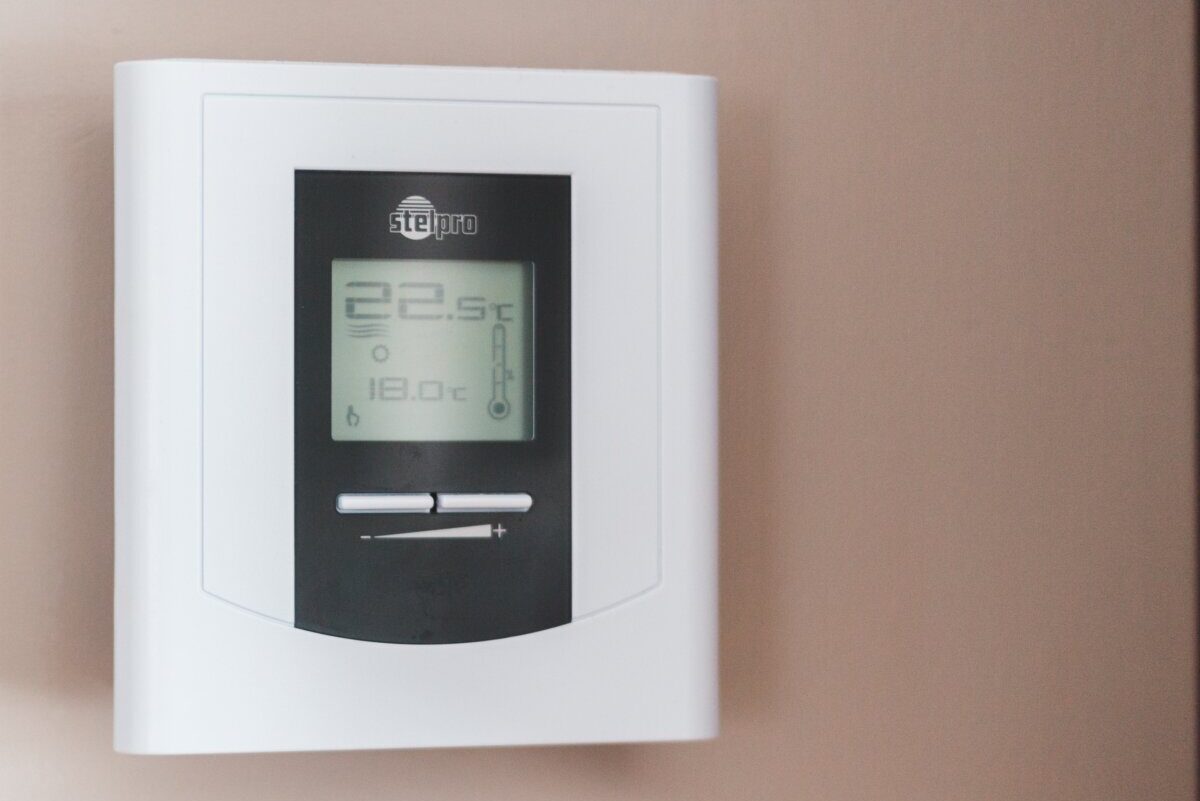Investing now in energy saving solutions could save the Chancellor hundreds of billions in ‘sticking plaster’ solutions this decade.
Story
Shelling out to stand still: The UK government has spent £37bn this year to stand still on soaring costs of living, without meaningful investment in solutions which could permanently reduce bills. With estimates that fossil fuel prices will remain at an unprecedented level until at least 2030, E3G is calling for long-term energy saving solutions to save the Treasury from needing to spend hundreds of billions in ‘sticking plaster’ solutions.
The inefficiency penalty: Households living in the least efficient homes will pay around £916 more per year on energy bills when the energy price cap rises to £2,800. If everyone living in homes below Energy Performance Certificate (EPC) band C were improved to EPC C today, the aggregate saving would be £10.6bn each year.
Independent climate and energy think tank E3G sets out a package of measures to make rapid near-term progress, saving families an average of between £450 – over £1,000 per year.
In a report published today (7th June), leading energy and climate think tank E3G sets out a package of measures to permanently cut bills through renovation measures to make British homes warmer and more efficient to heat. The think tank says the UK government has so far “failed to deliver” on energy saving measures at scale – such as home insulation and electric heat pumps to get off gas – with the recent Spring Statement, British Energy Security Strategy and recent windfall tax package noticeably quiet on energy efficiency.
Key measures proposed include:
- Delivering the outstanding £1.4bn from the 2019 Conservative manifesto for efficiency measures in the homes of those in fuel poverty, and by putting the next phase of the ECO programme into legislation to upgrade 450,000 homes over the next three years.
- A new scheme delivered by energy companies to provide subsidised energy efficiency measures for families on middle and lower incomes.
- Launching an Olympic-style skills and training programme for the retrofit supply chain.
- Making independent energy and retrofit advice readily available to people across the country to share what help is available.
- The package of measures could upgrade well over 3 million homes over the next three years, and save families between £450 to over £1000 per year, every year.
Quotes on investing in energy saving solutions
Juliet Phillips, Senior Policy Advisor at E3G and lead author of the report says:
“With fossil fuel prices expected to remain sky high until at least 2030, the government must decide whether it wants to go on spending £37bn per year just to stand still – or to invest now in permanent solutions for lower bills, which will pay off multiple times over in the years ahead. Until the structural drivers of the cost of living crisis are addressed, including the cold and leaky nature of our housing, the government could be left spending tens of billions on emergency financial support packages each year.”
Sam Hall, Director of the Conservative Environment Network, says:
“With nearly 19 million poorly insulated homes and surging gas prices pushing up the cost of heating, the government urgently needs a strategy to improve the UK’s energy efficiency. This report sets out a strong package of interventions, from scaling up successful schemes like the Energy Company Obligation to unlocking more green finance, which would help more people keep their homes warm and bills manageable, while strengthening the UK’s energy security.
“The government’s immediate financial support and strategy to build more renewables are two crucial solutions to the energy crunch, but energy efficiency is the missing part of the puzzle. While we can’t insulate millions of homes overnight, ministers can take steps now to scale up the market, lower people’s bills, and shield the UK from future energy crises.”
Nigel Donohue, CEO of the Insulation Assurance Authority says:
“The report recognises the need to deliver career pathways that are attractive to new entrants and help grow the future green workforce to achieve quality installations, which fully benefit homeowners and importantly develop a sustainable industry delivering retrofit at scale. Investment in a future industry-led academy for professional and technical skills is key to the delivery of this ambition.”
Stew Horne, head of policy at Energy Saving Trust said:
“E3G’s latest report highlights the steps the UK Government should take if it is to help people across the country reduce household energy usage and bills for the long-term. Time is ticking away to make the much-needed improvements to the energy efficiency of UK homes that UK government has committed to this decade. Energy Saving Trust particularly welcomes the report’s proposals for bespoke advice and support for consumers as this will play a vital role in helping make the changes that will permanently reduce the energy required to heat their homes and keep energy costs down.”
Note to Editors
Juliet Phillips is available to comment at juliet.phillips@e3g.org.
A summary table of the measures included in the Home Energy Security Plan is provided below:




